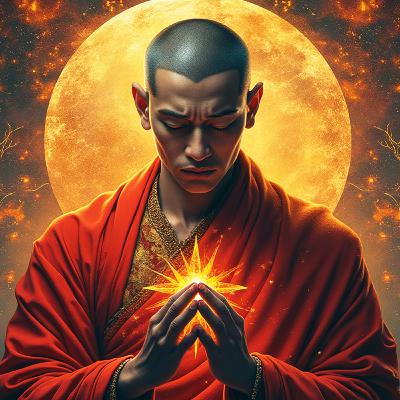Intro to Tantric Philosophy
Description
“In Tantric thought the human body is visualized as a microcosm of the universe. It is believed that the complete drama of the universe is repeated in this very body. The whole body with its biological and psychological processes becomes an instrument through which the cosmic power reveals itself.” - Stanford University
From the beginning, the Vedas and the institutions promoting the Vedic cause have held the same place in India as the Bible and the Church hold in Christianity. Six systems of Indian philosophy—Nyaya, Vaisheshika, Sankhya, Yoga, Mimamsa, and Vedanta—accepted the Vedas as the final authority, and thus were called Vedic darshana (Vedic philosophy). Buddhism, Jainism, Charvaka, and Ajivika did not accept the Vedas as conclusive; thus they are called non-Vedic darshana.
For hundreds of years philosophers on both sides have held formal debates and fought with each other. These intellectual wars were documented and form the basis for what is known today as Indian philosophy. Tantra, however, neither opposed nor advocated the Vedas. It neither sided with Buddhism, Jainism, or other philosophical and religious groups, nor did it condemn them.
Tantriks never involved themselves in debates. Instead, they focused their energy on their main goal: to probe the subtle mysteries of life. In so doing they explored the energetic relationship between human beings and all other aspects of creation. Tantrics seek liberation in the world, not from the world.
Tantriks are independent thinkers. Their loyalty is to truth alone. They have not worried about whether or not their concept of ethics and morality followed the dictums of any particular religious group. They were radicals in their time, but they welcomed meaningful theories and practices from both Vedic and non-Vedic sources—thus unsettling the partisans of both sides and causing both sides to doubt the tantriks' integrity. That is why their tradition and its practices have remained mostly hidden.






